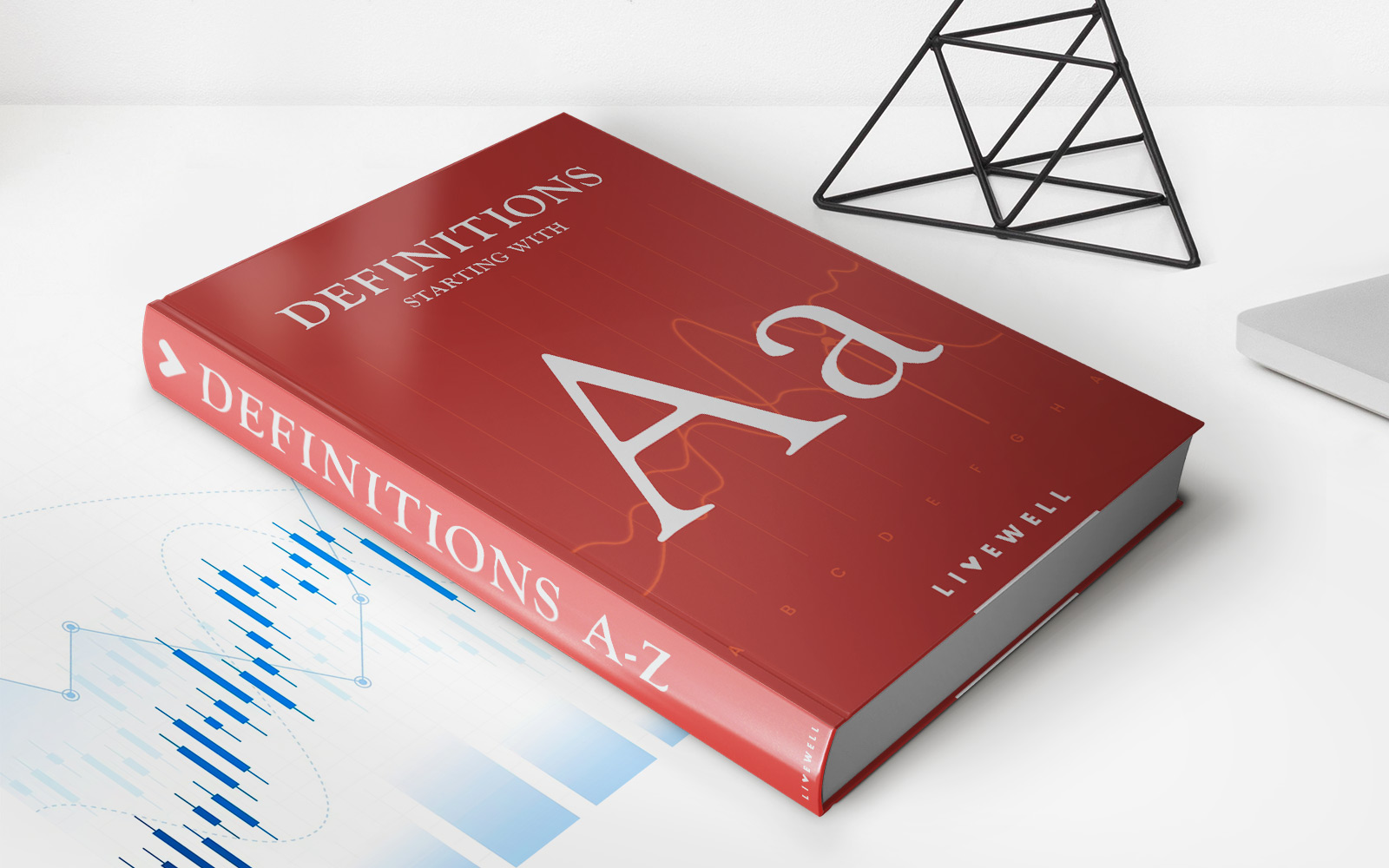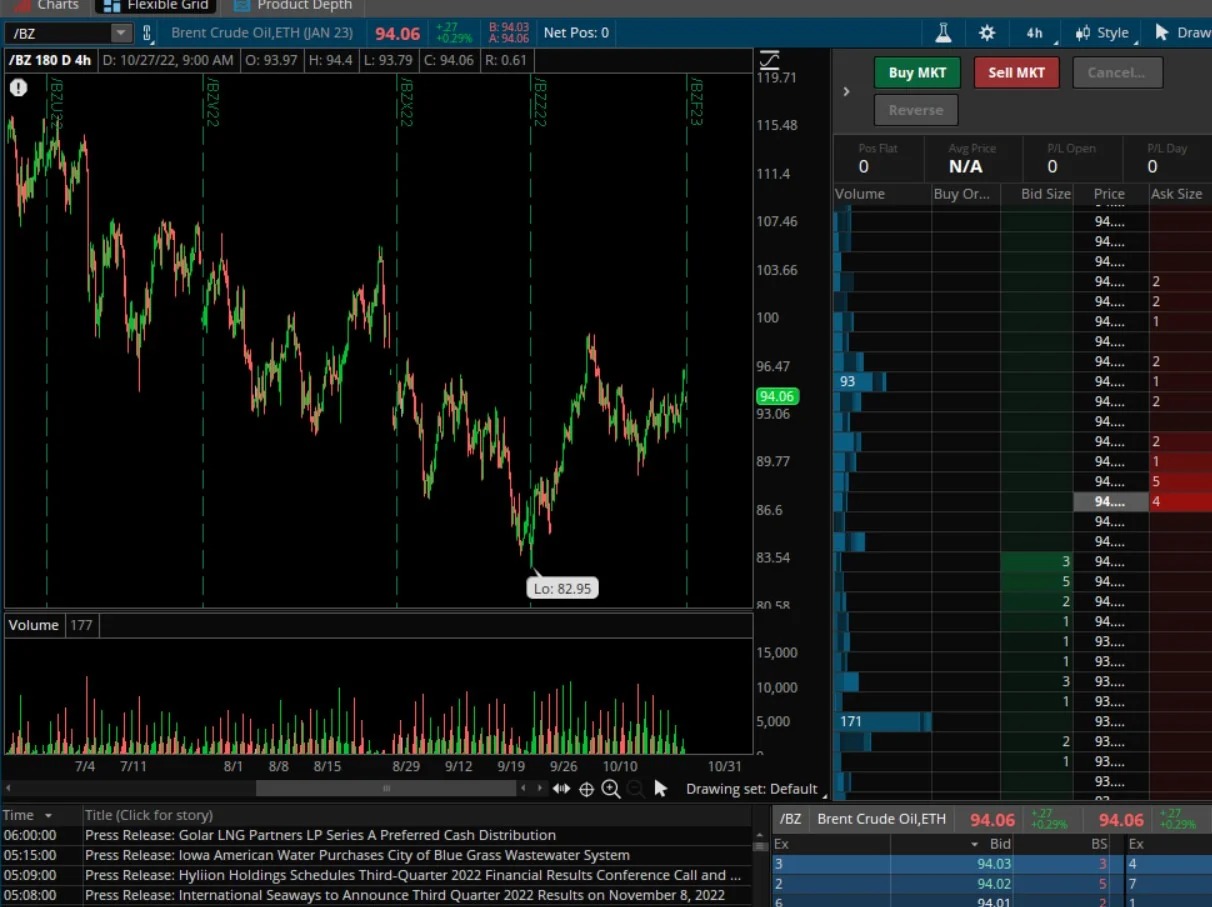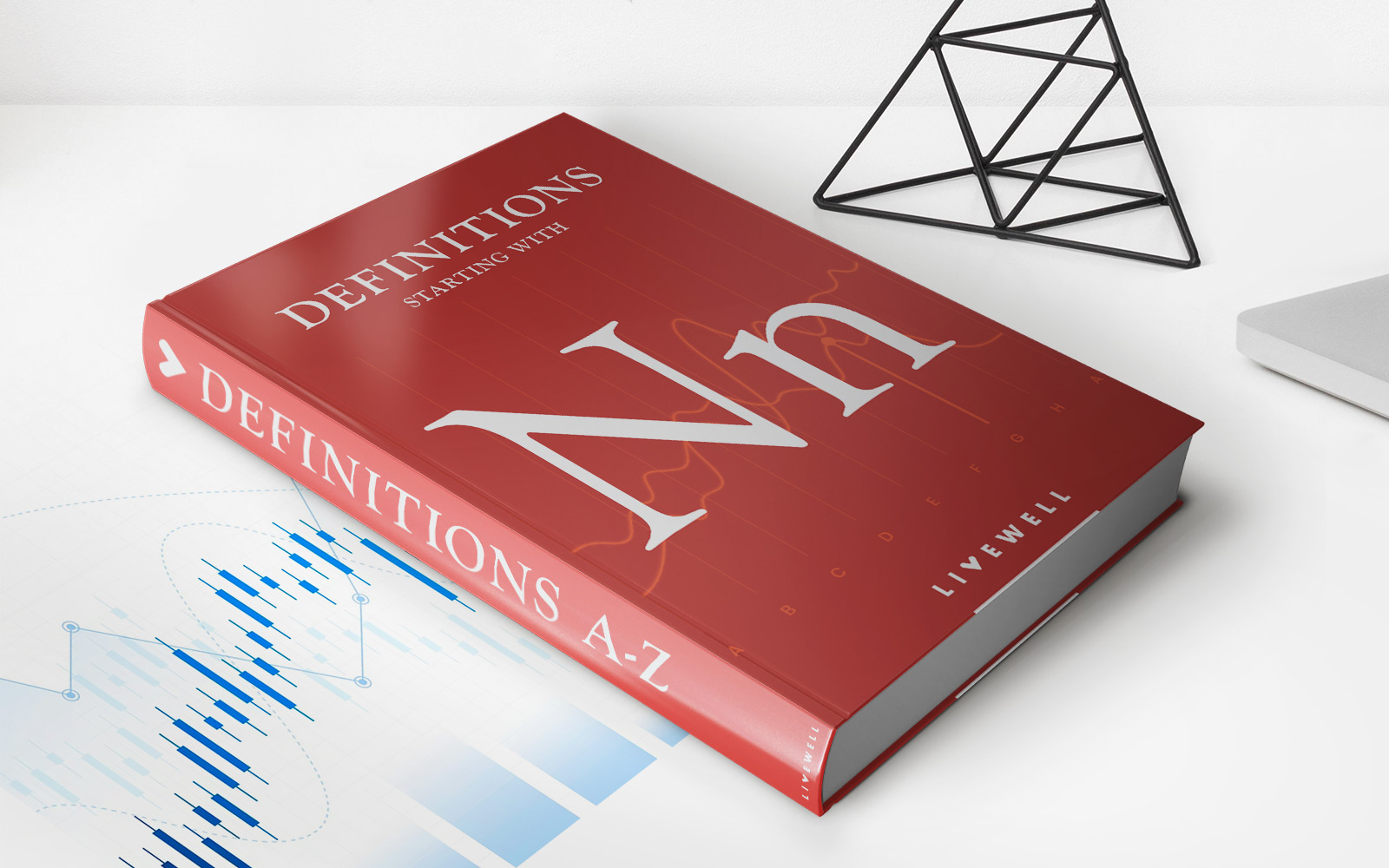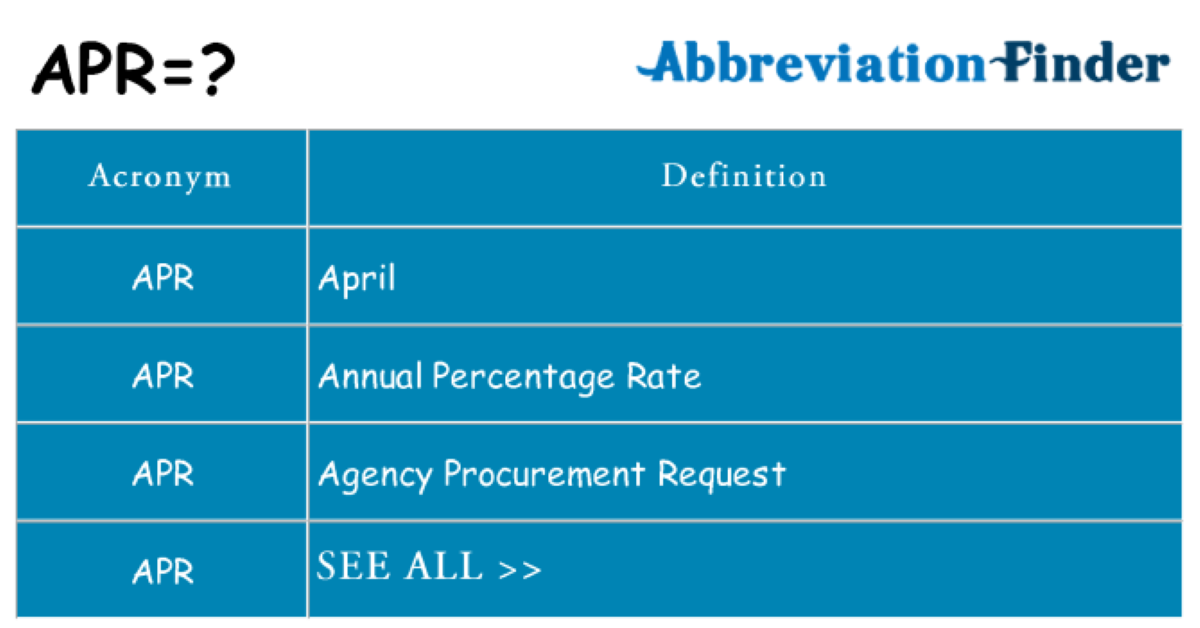

Finance
Excess Crude Account (ECA) Definition
Published: November 20, 2023
Discover the definition of the Excess Crude Account (ECA) in finance. Learn how this financial tool helps countries manage their oil revenue.
(Many of the links in this article redirect to a specific reviewed product. Your purchase of these products through affiliate links helps to generate commission for LiveWell, at no extra cost. Learn more)
Understanding the Excess Crude Account (ECA) Definition: A Key Financial Aspect for Countries
Finance plays a crucial role in the economic growth and stability of countries. One important aspect of financial management is the establishment and maintenance of reserves to protect against economic uncertainties. The Excess Crude Account (ECA) is a financial tool utilized by countries to manage revenue fluctuations caused by volatile commodity prices. In this blog post, we will delve into the ECA definition and its significance in safeguarding a nation’s finances.
Key Takeaways:
- The Excess Crude Account (ECA) acts as a repository for surplus revenue generated from the sale of natural resources.
- It helps governments mitigate the impact of volatile commodity prices by providing a stable source of funding during lean periods.
So, what exactly is the Excess Crude Account (ECA)? In simple terms, it is a government savings account established to safeguard excess revenue generated from the sale of natural resources, particularly oil, in countries heavily reliant on such resources for their economy. The ECA serves as a buffer against revenue fluctuations, ensuring countries can effectively manage financial resources even during periods of volatility.
Revenue generated from the sale of natural resources is often highly unstable due to global market dynamics. Commodity prices can experience significant swings, impacting a country’s economic stability and ability to deliver public services. The ECA helps address this challenge by accumulating surplus revenue during times of high prices and commodity boom. These funds are then drawn upon during periods of low prices or economic downturns when revenue might not be sufficient to meet budgetary requirements.
The establishment of the ECA provides several benefits for countries. Here are a few key advantages:
- Stabilization: The ECA serves as a stabilizing force, allowing countries to maintain their economic stability even during times of financial uncertainties.
- Emergency Funding: The funds accumulated in the ECA can be utilized to respond to emergencies, such as natural disasters or economic crises.
- Investment Opportunities: The ECA can also be used to finance long-term development projects, stimulating economic growth and diversification.
- Savings for Future Generations: By saving surplus revenue in the ECA, countries can ensure a stable financial future for their citizens, promoting sustainable development.
It is important to note that the management and utilization of the ECA should be transparent and accountable to ensure optimal benefits for the country. Governments should establish clear guidelines and policies for the allocation and withdrawal of funds from the ECA, taking into consideration the country’s financial needs and long-term goals.
In conclusion, the Excess Crude Account (ECA) is a critical tool employed by countries to manage revenue fluctuations caused by volatile commodity prices, particularly in the context of natural resource-rich nations. By establishing a reserve fund, countries can navigate economic uncertainties and ensure sustained economic growth. The ECA’s significance lies in its ability to stabilize finances, provide emergency funds, fuel development projects, and secure a prosperous future for future generations.














